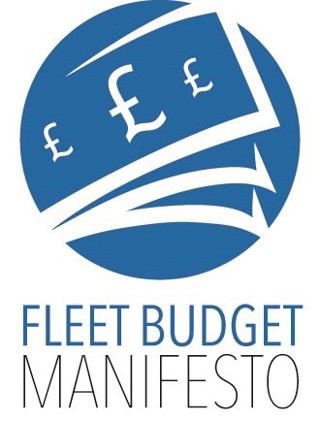The Government has made its first announcement ahead of the Budget on October 29 and it’s not good news for those advocating the uptake of electric cars.
The plug-in grant for cars is to reduce by £1,000 because the Government believes the cost of electric vehicles has fallen so it no longer needs to offer as much support.
This sends out the wrong message and is short-sighted, especially coming on the back of the Government’s Road to Zero strategy.
First, the price of electric cars has not fallen – certainly the differential with diesel is little changed and this is the gap the plug-in grant is supposed to close.
Most experts believe there will not be price parity until 2025. So, reducing the grant to £3,500 is very disappointing.
Perversely, a separate fund has been set up that will contribute up to 20% (£5,000 maximum) for e-cargo bikes, which typically cost around £3,000!
The grant will now only be for pure electric cars (plug-in hybrids are now excluded) and only for the next 35,000 EVs.
The PHEV move is a reaction to a perception that drivers are choosing plug-ins for the tax benefit and not charging them, instead running around on the inefficient combustion engine.
However, used correctly – as many are – they are a greener solution, so the decision to bar them from the grant is nonsensical.
Additionally, with annual sales of electric cars at around 15,000, the grant is likely to last only for the next couple of years.
It doesn’t give the long-term commitment the fleet sector is crying out for.
So, a policy full of holes, but hopefully not a sign of things to come in the Budget.
The Government says it is listening to fleets; we now need to see the evidence on October 29.






















Login to comment
Comments
No comments have been made yet.